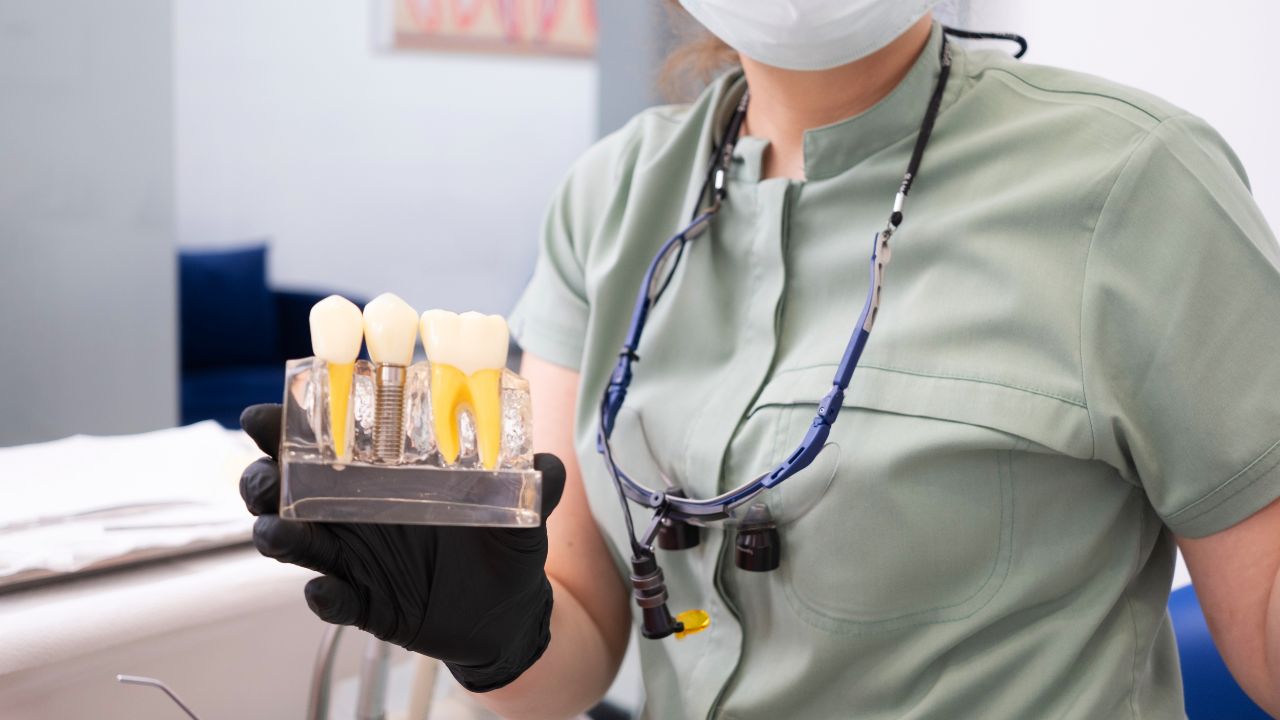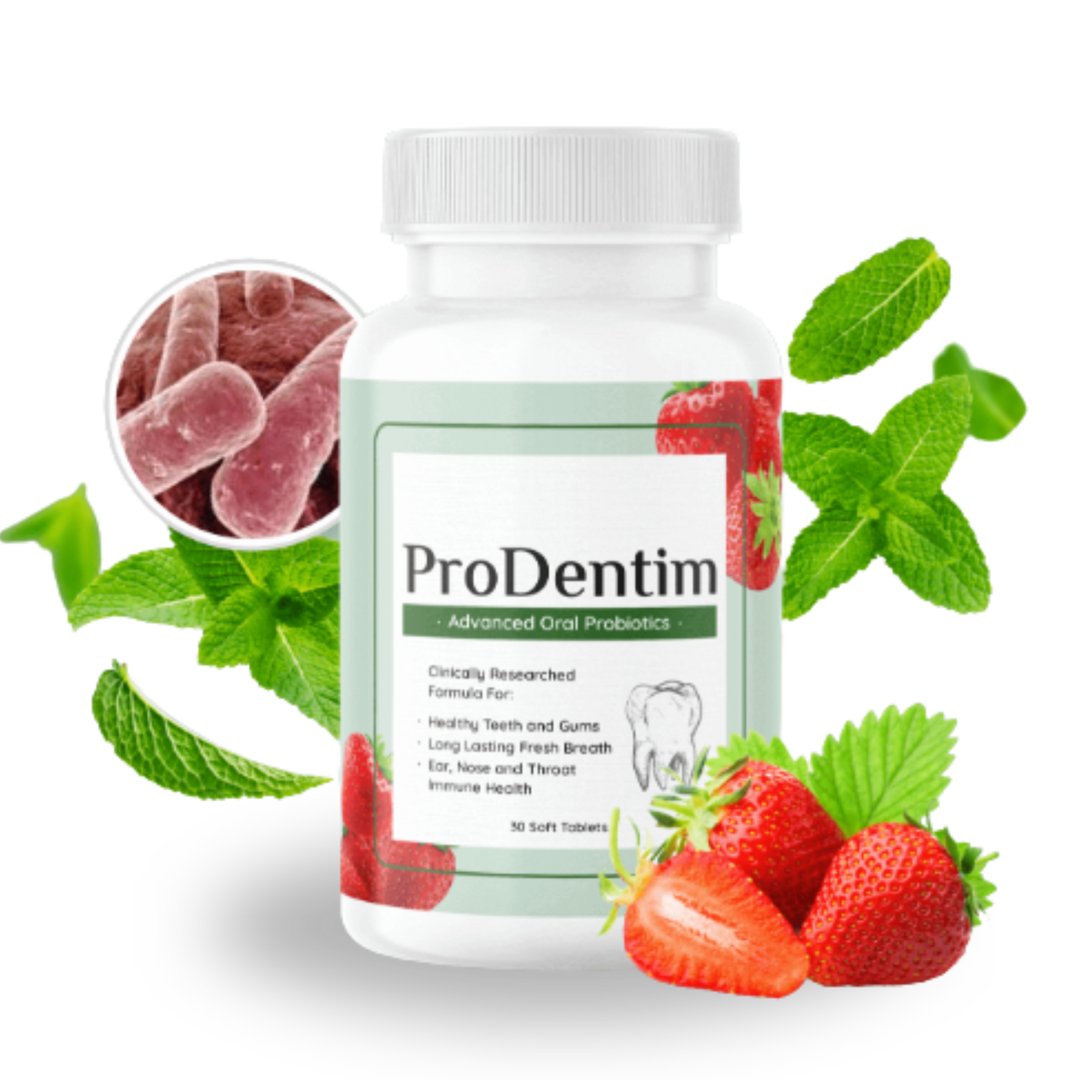Gum Disease Treatments: Traditional Methods vs. Probiotic Innovations

Gum disease, or periodontal disease, is a common oral health issue that can lead to tooth loss if not properly managed. Understanding the available treatments is crucial for maintaining optimal oral health. This article explores both traditional and emerging treatments, including the promising use of probiotics.
Traditional Treatments for Gum Disease
Conventional approaches to treating gum disease typically involve mechanical and surgical interventions:
- Scaling and Root Planing: This non-surgical procedure involves removing plaque and tartar from tooth surfaces and smoothing the roots to eliminate bacterial toxins. It's often the first line of defense against gum disease.
- Antibiotic Therapy: Systemic or local antibiotics are used to target specific bacteria responsible for periodontal infections.
- Surgical Interventions: In advanced cases, procedures like flap surgery or bone grafts may be necessary to restore supportive structures.
Emerging Treatments: The Role of Probiotics
Recent research has highlighted the potential of probiotics in managing gum disease. Probiotics are beneficial bacteria that, when introduced into the oral environment, can help balance the microbial ecosystem, reducing harmful bacteria associated with periodontal disease.
One notable probiotic species, Limosilactobacillus reuteri, has shown promise in promoting dental health. Studies indicate that L. reuteri can effectively colonize the oral cavity, inhibit the growth of harmful bacteria like Streptococcus mutans, and reduce symptoms of gingivitis, such as gum bleeding and plaque formation.
Comparing Traditional Treatments and Probiotic Therapy
While traditional treatments focus on mechanically removing or killing pathogenic bacteria, probiotic therapy aims to restore a healthy balance of oral microorganisms. The advantages of probiotic therapy include:
- Non-Invasive Approach: Unlike surgical methods, probiotics offer a gentle alternative without the need for invasive procedures.
- Reduced Antibiotic Use: Probiotics may decrease the reliance on antibiotics, minimizing the risk of antibiotic resistance.
- Holistic Health Benefits: Beyond oral health, certain probiotics can positively impact overall health, including immune system support.
However, it's essential to note that while probiotics show promise, they are most effective as adjuncts to traditional treatments rather than standalone solutions.
Conclusion
The landscape of gum disease treatment is evolving, with probiotics emerging as a valuable addition to traditional methods. Incorporating probiotics, such as Limosilactobacillus reuteri, into oral care routines offers a novel approach to managing periodontal health. As research continues, these beneficial bacteria may become integral components of comprehensive gum disease treatment strategies.
The Solution for Your Oral Helth
ProDentim
$20 Off per Bottle Special Price

Brand New Probiotics Specially Designed For The Health Of Your Teeth And Gums
- Buy From Official Site
- 100% Satisfaction
- 60 Days Guarantee
- Risk-free 100% money-back
- Get 2 FREE Bonuses!
- Natural Formula
- No Stimulants
- Easy To Use
- Gluten Free
- Proprietary Blend of 4 Plants and Minerals

Ordering ProDentim is a risk-free decision. It stands behind a product with a 100% money-back guarantee for a generous 60 days.